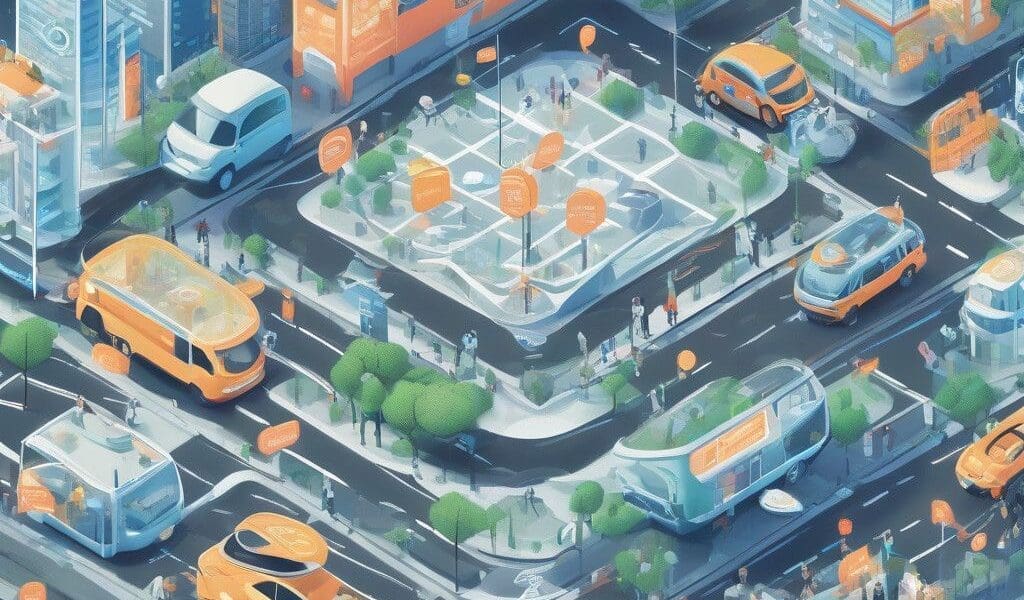Google Maps Gets AI Boost for Smarter Searches
Google is taking a significant step forward in enhancing user experiences across its mapping services by integrating artificial intelligence. With the launch of new AI tools through the Gemini chatbot, Google aims to improve accuracy and personalization in Google Maps, Waze, and Google Earth, catering to over two billion active users each month.
The key to this upgrade lies in how Google Maps tailors suggestions to individual user preferences and situational context. For instance, instead of providing broad and generic recommendations—such as popular tourist attractions that may not be relevant at certain times—its AI functionality enables the platform to respond to more specific queries. Users can now ask for “fun things to do with friends at night,” triggering suggestions that reflect not only their activity preferences but also the time of day and local trends.
Prior to this enhancement, users could find themselves sifting through a list of options that did not cater to their immediate needs. The pivot to AI-driven solutions means that Google Maps can now provide recommendations for niche activities, such as late-night music venues or seasonal festivals. This improvement is made possible through AI-generated summaries that will accompany existing listings. These summaries synthesize information from user reviews and verified data sources, presenting users with insights that are more relevant and engaging.
Despite these advancements, Google acknowledges the challenges associated with incorporating AI responses. Past incidents, such as when the AI mistakenly suggested a recipe for a dish, highlight the potential pitfalls of relying on automated systems without adequate checks. To mitigate the risk of inaccuracies within its maps updates, Google has committed to cross-verifying responses from Gemini against its verified data sources, thus ensuring more trustworthy information is provided to users.
Waze and Google Earth will also benefit from AI-driven innovations. In Waze, new features will allow users to report incidents via voice commands, facilitating seamless communication while driving. Meanwhile, Google Earth is set to assist developers and urban planners by employing AI chatbots for data analysis, further bridging the gap between technology and practical applications in urban design and infrastructure planning.
This concerted push for AI integration illustrates a notable industry trend: companies are striving to personalize user experiences by leveraging technology. For example, platforms like Yelp and TripAdvisor have also sought to improve their service offerings through advanced algorithms that analyze user-generated content to deliver customized recommendations. This evolution is not merely about staying competitive; it is about redefining user interactions to create more valuable services that cater to distinct consumer needs.
As AI technology continues to mature, one can expect similar innovations across various sectors. In the hospitality industry, for instance, applications leveraging AI could further tailor accommodation suggestions based on user preferences, location, and previous reviews. Retailers could follow suit, employing machine learning to optimize what products to recommend based on the browsing and purchase history of customers.
Understanding the broader implications of these advancements is crucial. The integration of AI stands to transform the way consumers engage with platforms like Google Maps, making information more accessible and intuitive. However, as people grow accustomed to receiving highly tailored suggestions, there will be elevated expectations regarding accuracy and relevance.
In conclusion, Google’s integration of AI into its mapping services is a powerful demonstration of the potential embedded within advanced technology. By honing in on user preferences and ensuring credible data sources, Google Maps is poised to revolutionize how individuals navigate their environments. The push towards AI-powered functionalities is a signal of what’s to come, where personalized experiences may become the standard rather than the exception across digital platforms.








